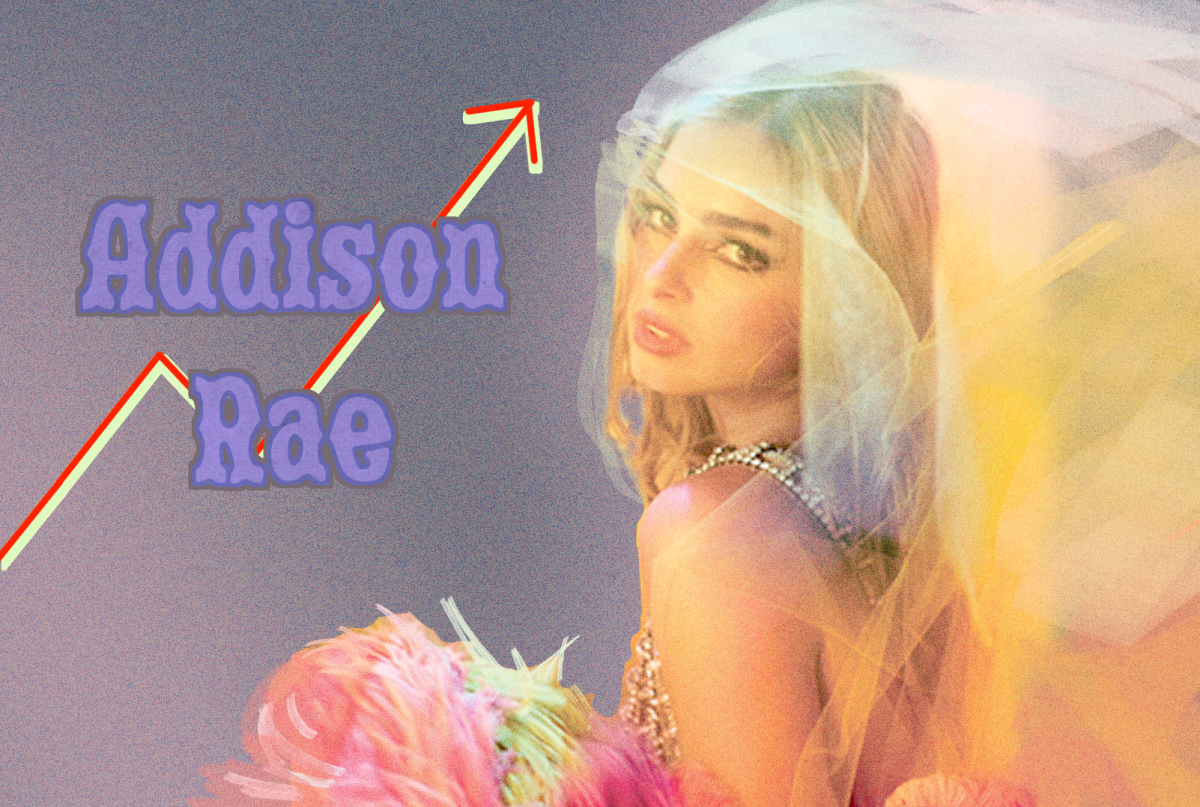Endless Love is everything that is wrong with romance movies these days: no origi nal effort and a total reliance on an essentially sexist blue print.
It is boy meets girl story. Girl has some personality, boy has the most back-story, then sex, run-of-the-mill conf lict, and then the end. It’s tired, played-out and, honestly, a little insulting.
Audiences have been fed this formula again and again for years. It comes as no sur prise, too, that Valentine’s Day weekend was chosen for its release. We are expected to take our dose of love dur ing the holiday, forget it af terward and go see the same movie with a different title next year.
But really, who wants to accept this track as the norm anymore?
The acting is perfunctory and f lat. The structure is similar to some idyllic mu sic video with bouts of un checked violence.
The best that can be said is that every shot is near perfectly acceptable. Every thing is captured neatly and fluidly, such as the montage sequence of Jade (Gabriella Wilde) and David’s (Alex Pet tyfer) perfect last 10 days be fore she must, sadly, leave for an internship. All their mad rushes of love during this time—kissing, playing, go ing to music festivals—plays out in a whirlwind, while the colors and people gleam by as if from a dream.
Even though the sequence is faultless by all technical means, it’s still like staring into a summer blast-themed snow globe. As with the rest of the film, we peer into something beautiful, blank and meaningless. Endless Love is then the textbook def inition of style with no sub stance—and even the style is not wholly imaginative.
Genuine exploration is what’s lacking from these blockbuster movies about young love. The story’s cre ators seem satisfied to throw conflicts at Jade and David, while meagerly studying the depths that intensify between two people falling in love.
In short, Endless Love forces one to watch fixed, two-di mensional characters that beg smore questions than answers.
David is handsome and content with middle-class work life. He also claims that he would be content with just the right girl by his side. It’s telling then that he ends up with the quiet girl he watched and idealized from afar for four years in high school. The result is aff irmation by the main male character that if you build up a girl long enough in your mind, some thing will happen.
Jade is a difficult female character to accept or be complacent with. Many will probably say that she’s a good enough female character be cause at least she actively seeks her own sexuality and love life after 17 years of fol lowing her oppressive—yet still loving, the film makes very clear to say—father’s footsteps.
Her sexual agency is with out doubt a fact, yet Jade and the only two other female characters in this world are put into very specific models. Jade is sculpted as the inno cent and naïve girl who does exactly what her father says and only really changes when she meets a guy. Even the side story of her late brother seems more to substantiate her fa ther’s actions than her own.
Then the perfect mother but unhappy wife falls to Anne Butterfield (Joely Rich ardson). Jenny (Emma Rigby) plays the typical mean girl and ex-girlfriend who is, of course, jealous and hell-bent on meddling in Jade and Da vid’s relationship. Somehow she does this with saying probably less than 50 words in the entire film.
In Endless Love, there are no women of passionate and fi ery nature, only bland arche types. This was getting really old, really fast, 10 years ago. Now, it’s just inexcusable.
What is expected to happen at the end of this mediocrity, are audiences supposed to ac cept the moral that your first love as a teenager will prob ably be with a terrific, nice guy that will last forever?
No, it just confirms the ex pectation that girls are still waiting for a fairy tale to happen.




